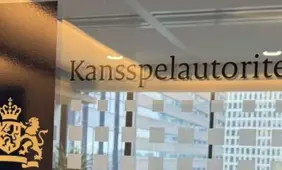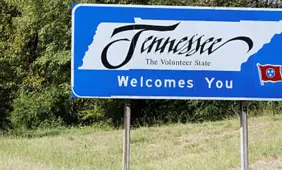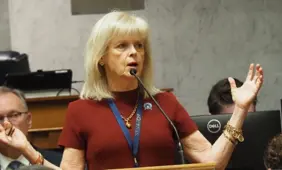Seven European Regulators Agree to Share Data to Fight Illegal Online Gambling
Seven national gambling regulators pledged coordinated information sharing to disrupt unlicensed online operators.

Regulators from Austria, France, Germany, Great Britain, Italy, Portugal and Spain announced a formal commitment to exchange intelligence and align enforcement actions against illegal online gambling after meeting in Madrid earlier this month. The gathering took place at Spain’s Directorate General for Gambling Regulation (DGOJ) during the 1st International Gaming Congress and focused on cross-border threats posed by unauthorised operators and the digital channels they exploit.
The group said it will share data on suspect operators, advertising practices, affiliate networks and payment pathways, and will circulate best-practice techniques for identifying, investigating and sanctioning firms that operate outside national frameworks. Officials also called on social media platforms, video hosting services and digital advertising networks to strengthen automated controls and human moderation to prevent the spread of ads from unauthorised providers.
Regulators Pledge Coordinated Action
In a joint statement, the regulators described illegal online gambling as a growing, borderless threat that undermines consumer safeguards, public health protections and the competitive position of licensed operators. They warned that rapid technological change – including programmatic advertising, crypto payments and affiliate marketing – has made enforcement more difficult and allows some operators to target customers across jurisdictions with limited visibility for national authorities.
Italy’s Agenzia delle Dogane e dei Monopoli (ADM), the UK Gambling Commission and Spain’s DGOJ led presentations during the Madrid meeting, setting out recent cases and enforcement hurdles. Delegates also noted discussions at a DACHL regulators conference held the previous month, where similar concerns about unauthorised operators and online advertising were highlighted.
Elena Martínez, deputy director at Spain’s DGOJ, said: "Illegal online gambling is not a purely national problem. When operators use cross-border platforms and complex affiliate chains, individual regulators can only see part of the picture. By pooling intelligence and harmonising investigative practices, we increase the chance of shutting down harmful networks quickly and protecting vulnerable players."
Michael O'Connor, a compliance consultant who advises several European regulators, added: "Information sharing is necessary but not sufficient. Authorities need timely access to advertising logs, payment flows and affiliate contracts. Equally important is a clear pathway to engage platform intermediaries and payment providers. If platforms fail to act, we must be able to escalate through coordinated regulatory pressure and, where appropriate, through legal mechanisms across borders."
More Regulation
Operational Tools and Next Steps
Participants outlined a range of tools they may deploy in coordinated campaigns, including shared blacklists, synchronized takedown requests to hosting and advertising services, joint investigations, and the use of mutual legal assistance where criminal activity is suspected. Regulators said they will work to standardise the types of data exchanged and develop a timetable for follow-up meetings to operationalise cooperation.
Officials stopped short of announcing a binding treaty or a permanent supranational body, but they signalled an intent to deepen collaboration with EU institutions, national law-enforcement agencies and payment processors. The regulators also urged technology companies to adopt more robust age-gating and advertising verification systems to reduce exposure of minors and other vulnerable groups to unauthorised gambling offers.
Industry stakeholders welcomed the commitment but warned that practical hurdles remain. "Differences in legal frameworks, data-protection rules and enforcement powers will complicate joint action", said O'Connor. "Sustained progress will require resources, legal alignment and clear channels to engage the platforms that host most of the problematic advertising."
The Madrid meeting represents a significant step toward a more coordinated European response to illegal online gambling, but turning pledges into sustained results will depend on technical cooperation, regulatory investment and willingness by digital intermediaries to act rapidly when notified.
RELATED TOPICS: Regulation
Most Read
Must Read
 Interviews
Interviews
Exclusive Interview: Levon Nikoghosyan Shares AffPapa Winning Formula for Successful iGaming Events
Dec 03, 2025 Interviews
Interviews






Review this New Post
Leave a Comment
User Comments
Comments for Seven European Regulators Agree to Share Data to Fight Illegal Online Gambling